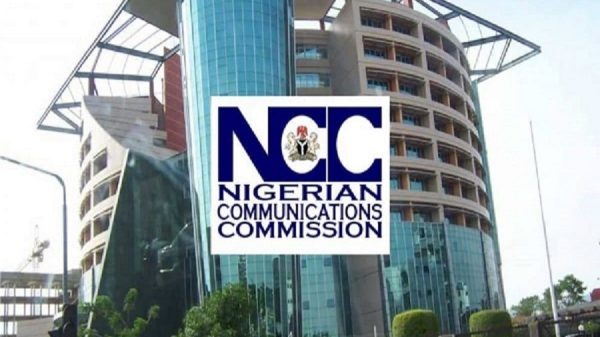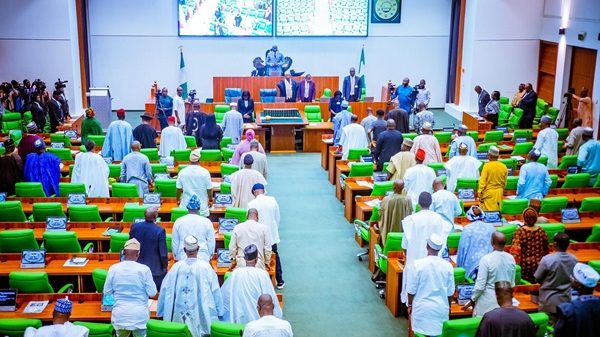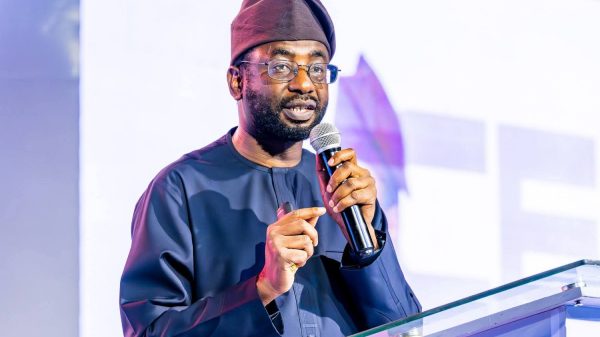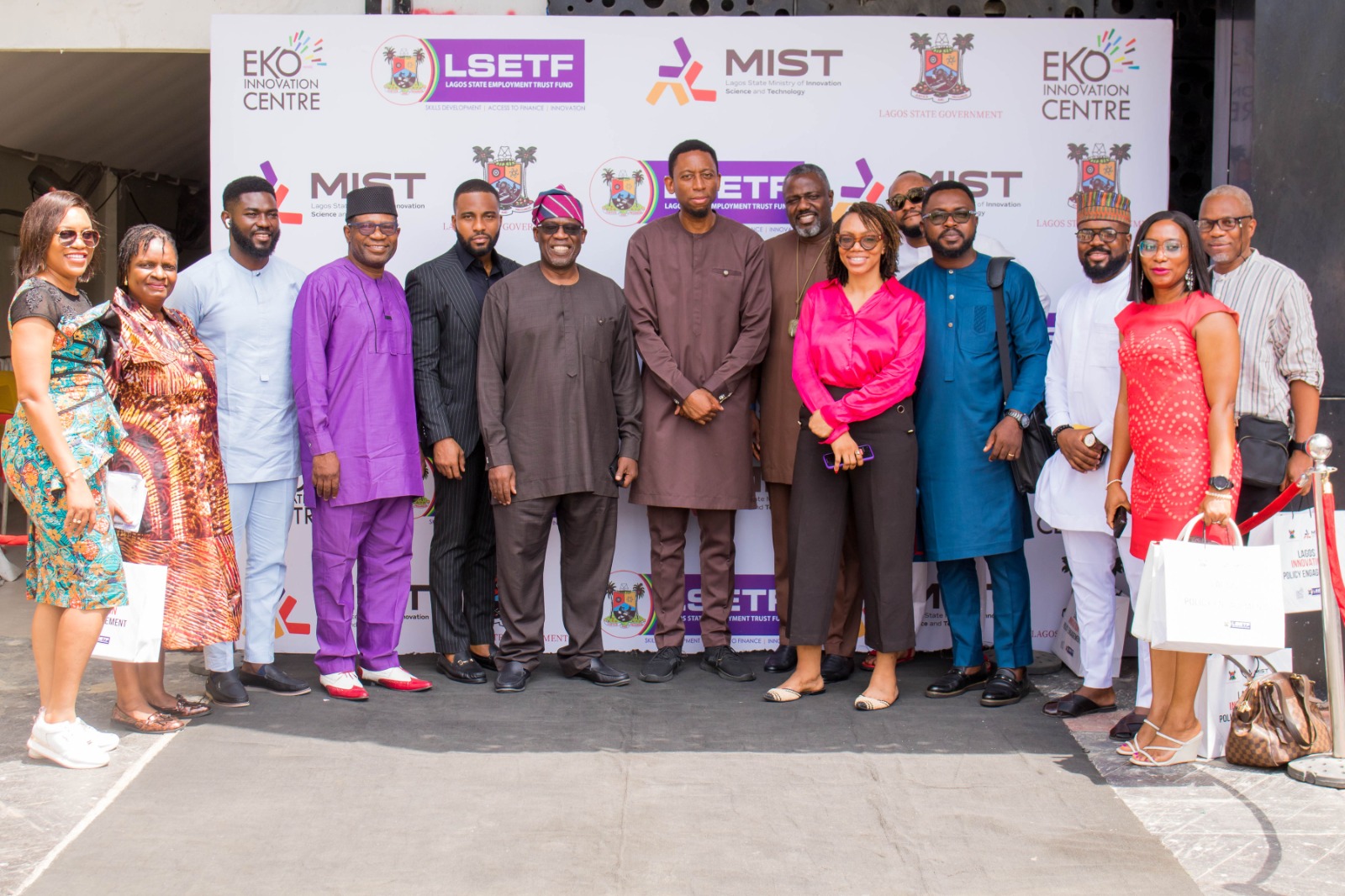Olatubosun Alake, Honorable Commissioner for Innovation, Science and Technology (MIST) has revealed that the proposed Lagos Innovation Policy will spur economic renaissance and corporate-startup synergies, among other benefits.
The Honourable Commissioner said this while fielding questions from journalists at the end of the stakeholder engagement with different stakeholders including government agencies, the organized private sector among others, at the Eko Innovation Centre, Ikoyi, Lagos.
Among the stakeholders present at the occasion are Adaora Ikenze – Director, Public Policy, Meta; Prof. Peter Bankole – COO, Pan Atlantic University and LASRIC Member; Nkemdilim Uwaje Begho – Founder, Futuresoft; LASRIC and Alex-Adedipe Adeleke – DOA Law, among others.
Shedding more light on the key elements of the proposed Lagos Innovation Bill, which aims to serve as a catalyst for innovation across all sectors, from startups to established corporations, he remarked, “The Lagos Innovation Bill is a two-pronged approach. Firstly, it localizes the federal government’s Startup Act, tailoring it to the unique needs and dynamics of Lagos State. Secondly, and perhaps more significantly, it goes beyond just nurturing startups by actively encouraging innovation within large companies and small businesses alike.”
The Commissioner emphasized that the bill’s inclusive nature is a strategic move to create a vibrant and interconnected innovation ecosystem, where startups and established players can collaborate, learn from each other, and drive collective growth.
“Imagine a situation where a startup’s innovative solution is adopted and supported by a major corporation like MTN or Airtel,” Alake posited. “Or a situation where our universities are driving a thriving entrepreneurial culture, spinning off ten new companies each year, supported by the resources and mentorship of industry giants. This is the future we are working tirelessly to manifest through the Lagos Innovation Bill.”
To incentivize large corporations to actively participate in this ecosystem, the bill proposes a range of measures, including tax incentives, fee waivers, advocacy support, patent assistance, and incentives for driving research and development initiatives within universities.
Alake highlighted the role of universities in this innovation renaissance, recognizing them as fertile grounds for cutting-edge research and entrepreneurial talent. “Our universities are crucial to this process,” he asserted. “In creating stronger collaborations between academia and industry, we can accelerate the translation of research into tangible products, services, and economic opportunities.”
When questioned about the potential impact of the Innovation Bill on the state’s budget allocation for science and technology, currently hovering around 9%, Commissioner Alake expressed confidence that the bill would catalyze a significant increase.
“While the specific percentage remains to be determined through due process and stakeholder engagement, the overarching objective of this bill is to drive Lagos towards becoming a global hub for innovation and development,” he stated. “By unlocking new streams of economic activity and fostering a thriving innovation ecosystem, we anticipate a substantial boost in budget allocations for science and technology initiatives.”
Earlier in his welcome address, Victor Afolabi, Chief Executive Officer of the Eko Innovation Centre emphasized the significance of the stakeholder engagement as a co-creation event, where collective deliberation would shape the regulatory incentives and create an inclusive innovation ecosystem. He commended the commissioner’s vision and commitment to advancing innovation in Lagos State, describing the state as the innovation engine room of the country and a globally recognized hub for innovation.
The highly engaging and robust stakeholder engagement witnessed active participation from government agencies, the private sector, development agencies, and other key stakeholders. The event featured five breakout sessions, where participants made actionable recommendations and proffered realistic solutions to contribute to the framework of the proposed Lagos Innovation Bill.
![]()


























































